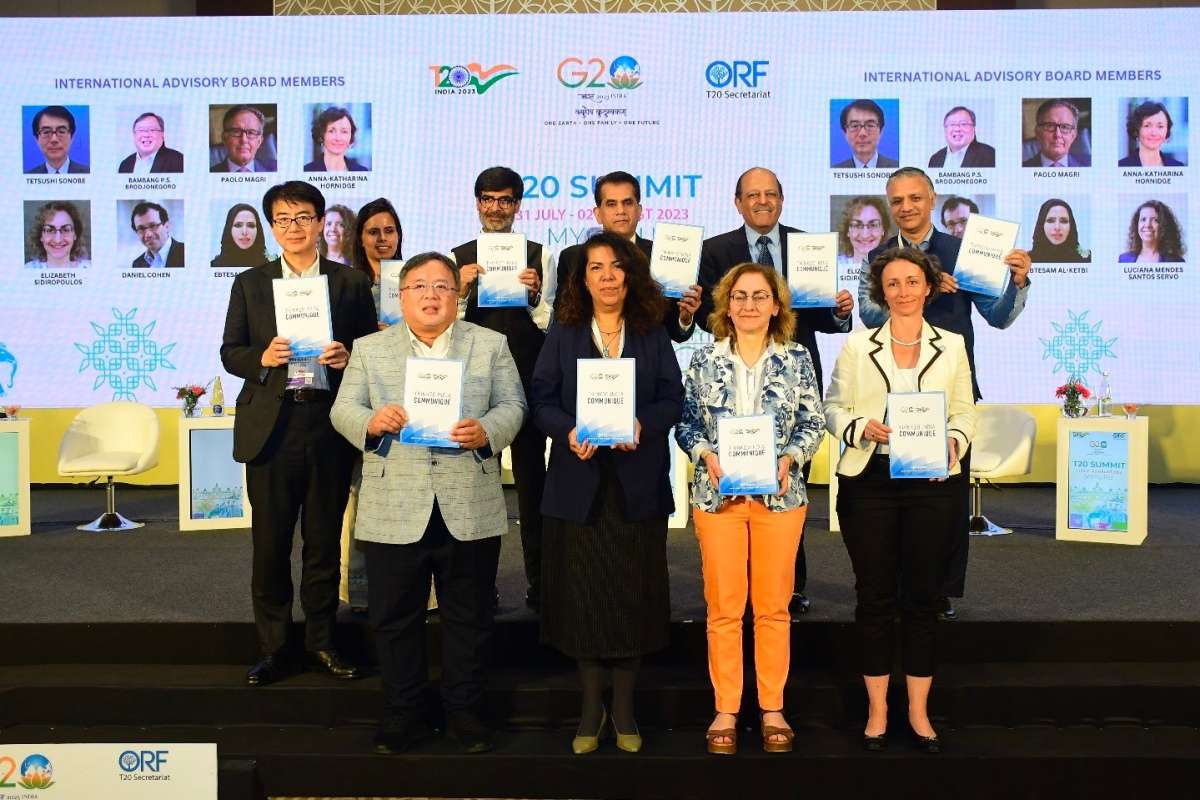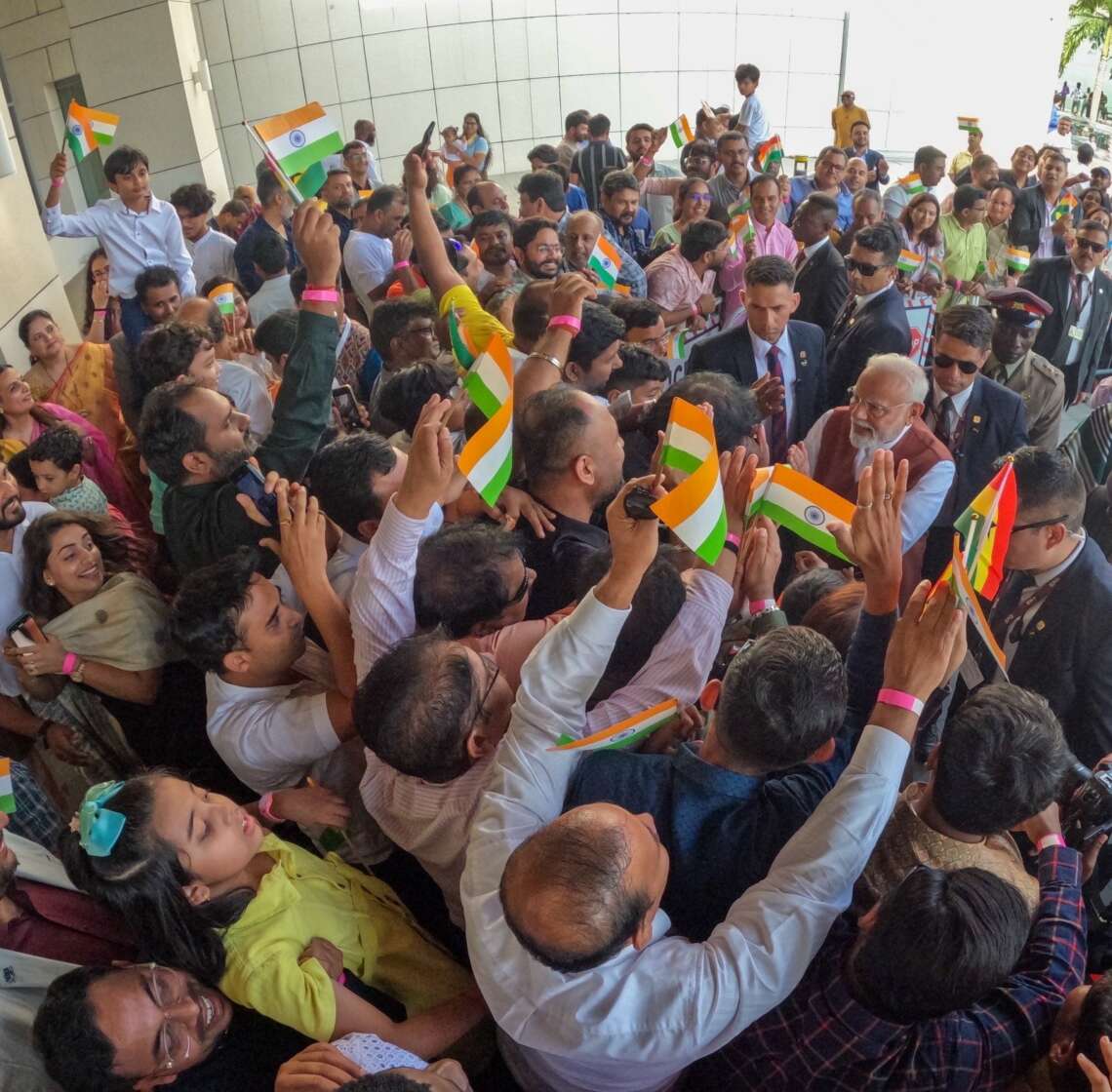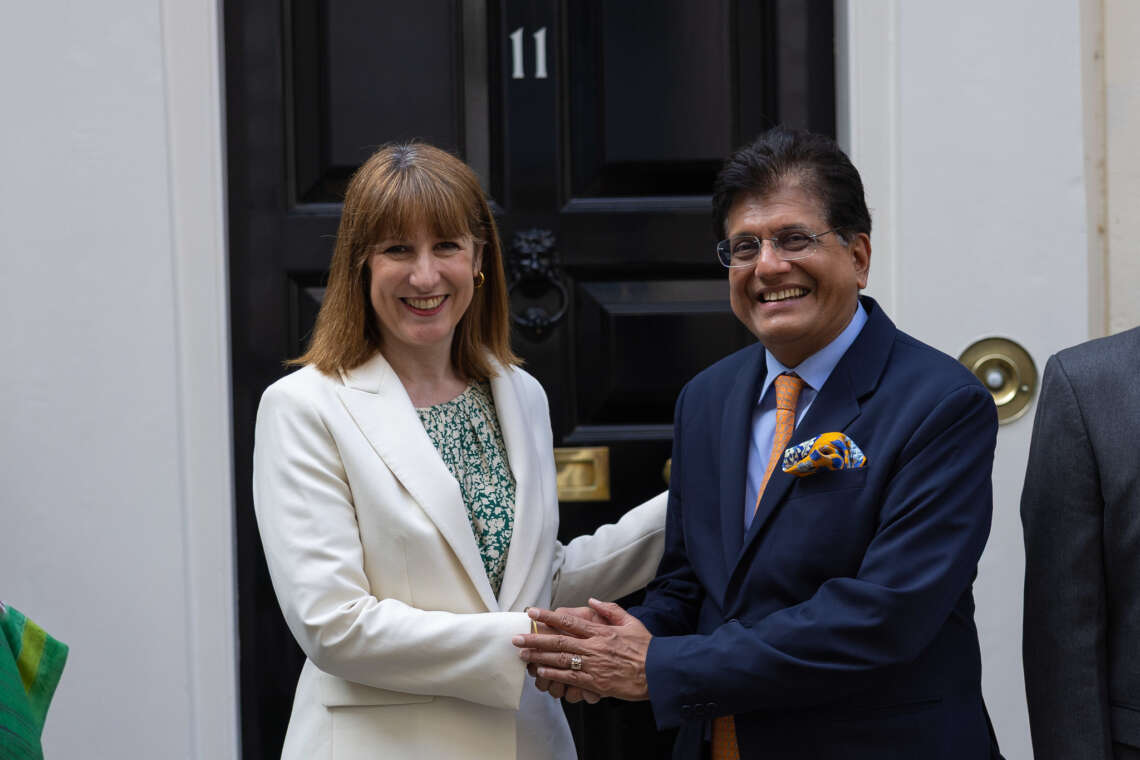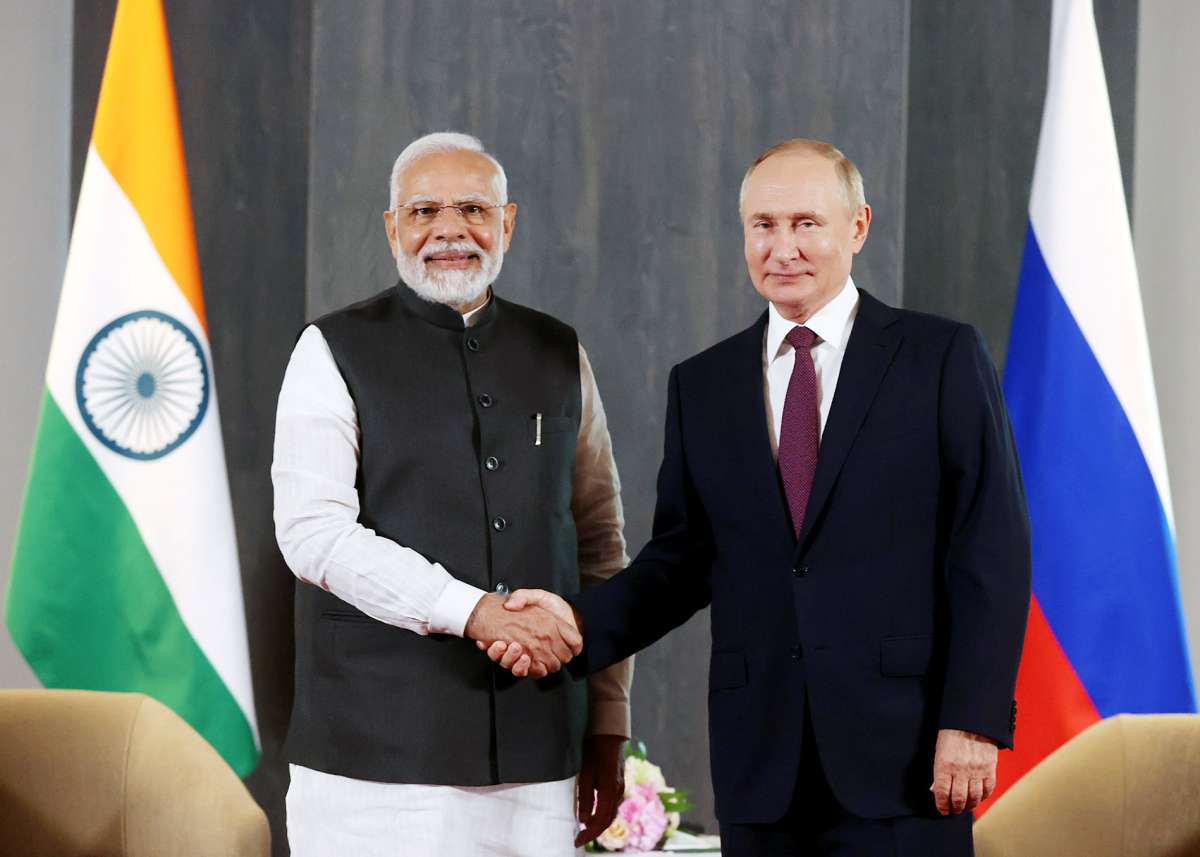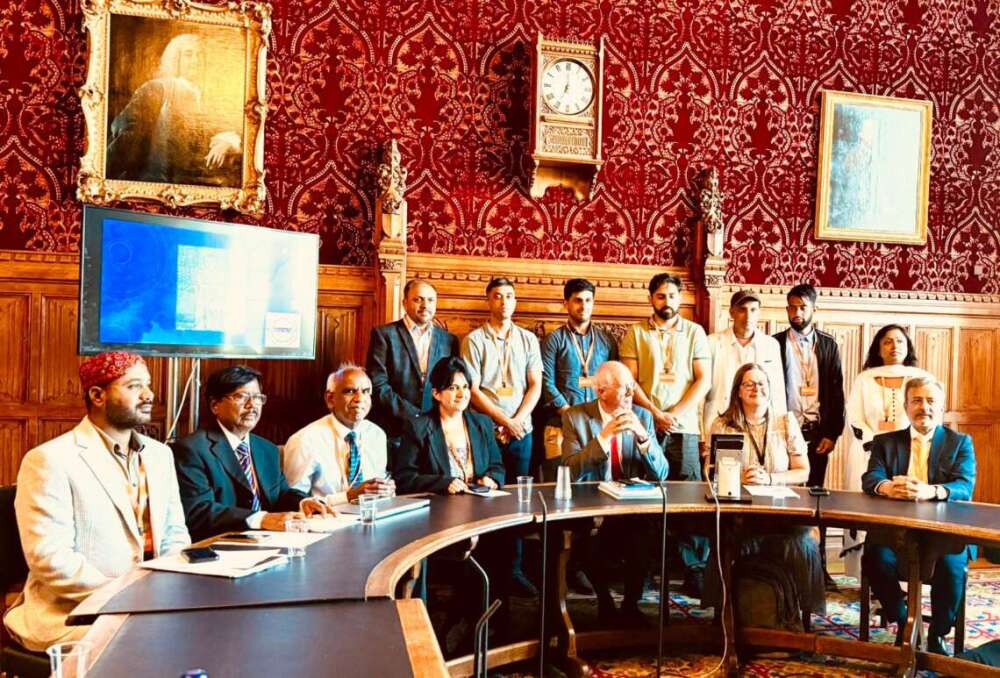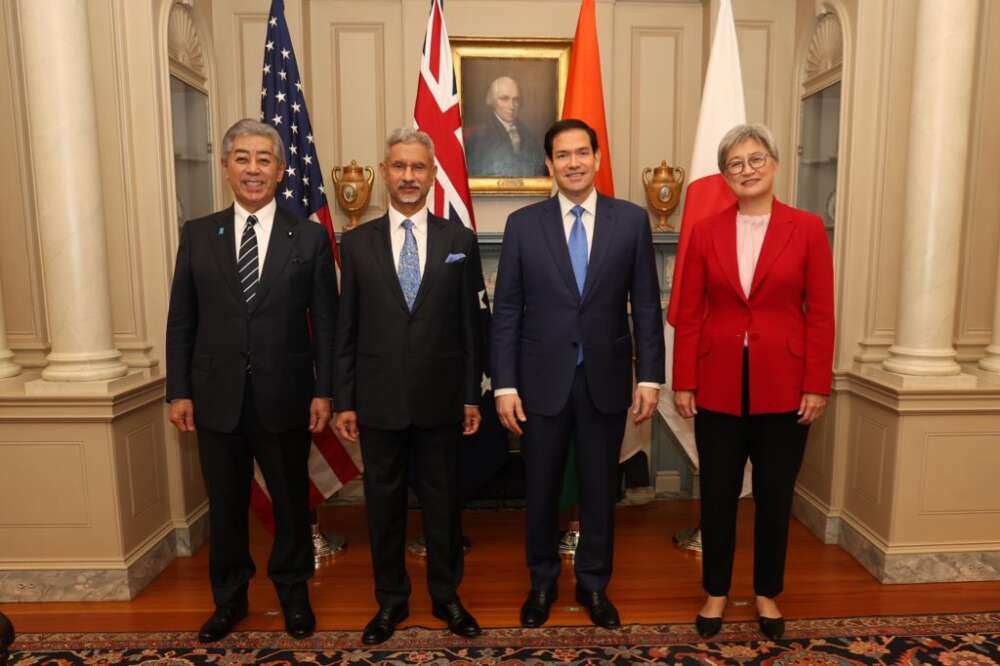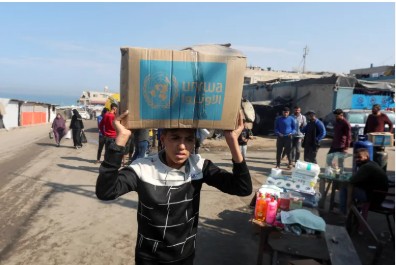The T20, Saran said, has produced over 300 policy briefs and other research products by 1,000 authors from over 700 institutions worldwide, 45 per cent of whom are women…reports Asian Lite News
The Think20 (T20) Summit began in Mysuru on Monday with a plenary panel that brought together members of the T20 India Core Group and its International Advisory Board. The T20 is an official engagement group of the G20 and serves as an “ideas bank” for the G20 by bringing together think tanks and high-level experts to deliberate on relevant policy issues.
Observer Research Foundation (ORF) is serving as the T20 Secretariat during India’s Presidency of the G20. Samir Saran, Chair, T20 India Secretariat and President, ORF opened the proceedings by drawing attention to the highlights of the T20’s interventions over the last eight months of the Indian G20 Presidency.
The T20, Saran said, has produced over 300 policy briefs and other research products by 1,000 authors from over 700 institutions worldwide, 45 per cent of whom are women. As part of its outreach and stakeholder engagement, 64 convenings have been held across 16 Indian cities and six abroad. During the remaining four months of the Presidency, further high-level events are likely to be held in New Delhi, New York, Dubai, Cape Town, and Rio de Janeiro.
Ambassador Sujan Chinoy, Chair, Think20 Core Group of India’s G20 Presidency and Director General, Manohar Parrikar Institute for Defence Studies and Analyses, underscored eight issues that have emerged as key focus areas of the T20’s deliberations.
First, macroeconomic stability as a precondition for economic growth; Second, the recognition of the population-scale digital transformations brought about by “India’s digital public infrastructure (DPI) and India Stack”; third, a focus on environmental protection and solutions for responsible consumption – particularly the LiFE (lifestyle for environment) movement; fourth, the importance of climate governance, with a central focus on “the energy security, sustainability and access of developing countries”; fifth, the critical need for women-led development and gender equality; sixth, a need to reimagine the global financial architecture and fiscal landscape; seventh, a consensus that multilateral reform is imperative; and eighth, a recognition that the G20 should engage with underrepresented regions, and seek to work towards the inclusion of the African Union as a member of the G20.
There have been marked continuities between the Indonesian and Indian Presidencies, pointed out Bambang Brodjonegoro, Professor, Faculty of Economics, University of Indonesia. He observed that the similarity of the priorities identified by both countries’ T20 Communiques stemmed from the fact that both were emerging economies with broadly similar development concerns; and that India had been closely involved with and supportive of the Indonesian Presidency. (ANI)
ALSO READ-‘Key roads, hotels linked to G20 meet in Delhi being revamped’


